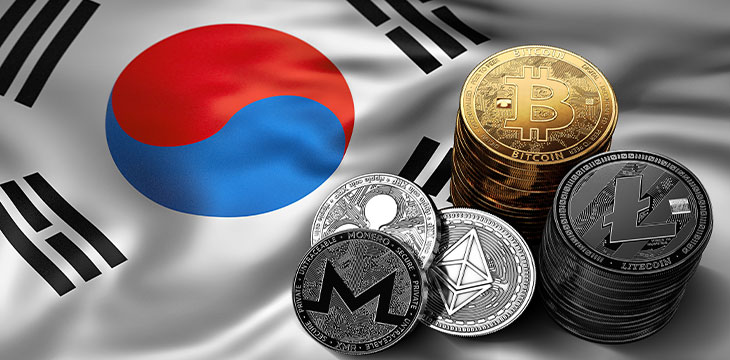|
Getting your Trinity Audio player ready...
|
South Korea is planning to launch regulations for the cryptocurrency industry similar to those recently implemented by Japan. The Korea Financial Intelligence Unit (KFIU) and other agencies will oversee crypto exchanges, imposing the same regulations that are currently in place for banks. Along with the regulations, the exchanges will be required to follow strict anti-money laundering (AML) guidelines to help clean up the industry and ensure the exchanges aren’t used for nefarious activities.
At a meeting of the Policy Advisory Council held last June 8, the director of the KFIU, Kim Geun-ik, discussed existing AML regulations and suggested tighter controls for commercial banks as well as independent financial institutions. He indicated that the KFIU would follow the example of the world’s leading economies, such as that of the U.S., to combat money laundering and the financing of terrorism by implementing additional verification guidelines for large transactions while stepping up vigilance on cryptocurrency users.
The KFIU had already started exploring additional controls for large financial institutions, traders and retail investors, but later decided to take things further and include the cryptocurrency space, as well. The agency said that it would coordinate with the country’s Congress to pass legislation that allows local financial authorities to monitor both traditional bank and cryptocurrency accounts of users.
Cryptocurrency exchanges are able to conduct business in South Korea as a communications vendor by purchasing a $40 license. Due to the lax controls, no entity, including the Free Trade Commission, currently has judicial control or authority over the exchanges.
A spokesperson for the KFIU commented, “Under current regulations, there are clear limitations in preventing money laundering on crypto exchanges because the only way authorities can spot suspicious transactions is through banks. If the bill of lawmaker Jae Yoon-kyung from the Democratic Party of Korea passes, local authorities will be able to impose identical regulations on crypto exchanges that are implemented on commercial banks.”
The bill drafted by Jae could prove to be bittersweet. While it would provide long-term positive benefits to the industry and help increase stability, undoubtedly users at first would be a little apprehensive about the new policies. However, regulations were expected to provide a great deal of legitimacy to the crypto space and help promote global acceptance while reducing volatility.

 02-13-2026
02-13-2026 




